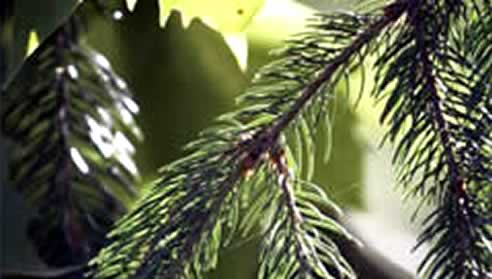NEWS ARTICLE ARCHIVESEnvironmentally friendly structural softwood from Hyne In an age where climate change and environmental credentials are important community values, structural softwood producer Hyne is proud to reveal that its extensive range of timber products are actually greenhouse positive. Research presented by the NSW Department of Primary Industries* shows that timber products store more carbon dioxide - and continue to store it throughout their long service life - than that emitted in their manufacture. "The presentation supports the claim that responsibly sourced plantation timber is more environmentally friendly than other materials when it comes to building your home," says Hyne Managing Director John McNamara. According to Mr McNamara, scrutiny over choice in construction materials is the next stage of green consciousness for Australian home builders. "There's a lot of focus on building materials that have a low impact on the construction site - but for materials to be truly 'green' in the broader context, it's all about the impact of their manufacture," said Mr McNamara. The concept is embodied energy, or the energy consumed by all the processes associated in a material's development - from the mining and sourcing of natural resources to transport and delivery. And expect to keep hearing more about it as a lifecycle approach to energy assessment uncovers the whole picture. "Choice of construction materials can significantly alter the amount of energy embodied in the structure of a building," said Mr McNamara. The Department's presentation to the Australian Plantation Products & Paper Industry Council Forum in June, "From the log dump to the rubbish dump: The greenhouse footprint of wood products in Australia", shows that wood products continue to store carbon long after the timber is felled, with most of the carbon remaining locked in the wood even after disposal in landfills.. Currently, this environmental benefit is not taken into account in carbon trading schemes, which assume that all carbon within a tree is emitted on harvest. "Comparatively, the manufacture of steel burns non-renewable fossil fuels and releases about 2 tonnes of carbon dioxide for each tonne of steel produced," said Mr McNamara. "This puts to rest the myth that such a material can be more environmentally friendly because it doesn't release carbon dioxide into the atmosphere as it ages. "The simple fact is, responsibly sourced plantation timber products, such as those from Hyne, are one of the few manufactured building materials that actually help to reduce greenhouse gas emissions." A proponent of the environmental benefits of plantation pine, Hyne has recently reinvigorated its corporate branding as it strengthens its commitment to sustainably grown plantation timber production and supply in Australia. Mr McNamara said that with origins dating back to Maryborough with Richard Matthews Hyne in 1882, Hyne is an integral part of Queensland's building history. "The environmental credentials of structural plantation timber over other building materials alone, secures our future."
|
 |
 |